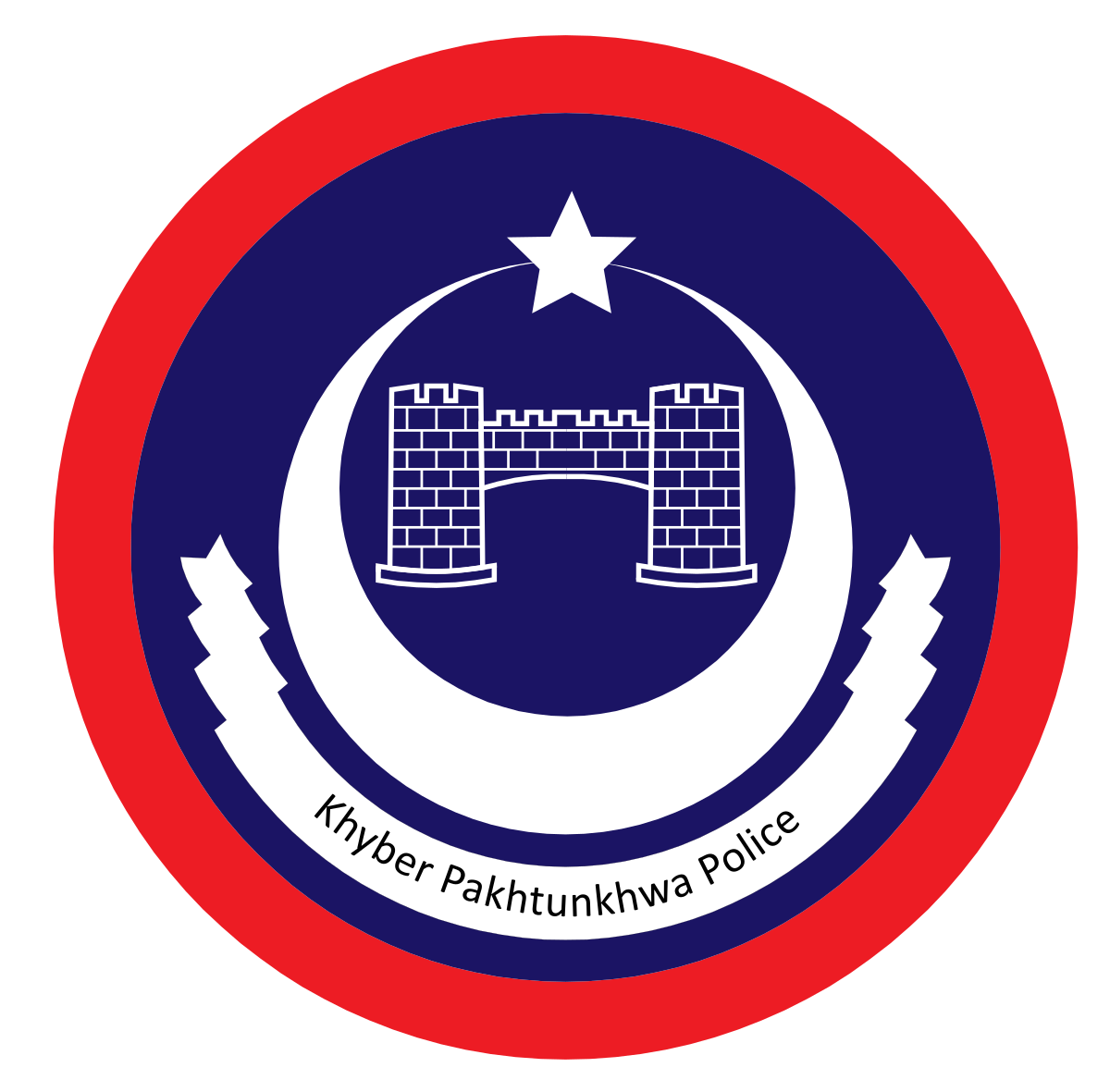Need Analysis:
The conventional court system of Pakistan, today, finds itself embroiled in a myriad of structural and
administrative issues. The civil courts to are excessively overburdened and under-resourced. Therefore,
whenever petty issues involving non-cognizable offenses get forwarded to civil courts from the Police, the
involved parties find themselves following a long and expensive process of justice. The delay in dispensation
of justice, if at all dispensed, causes a feeling of frustration, humiliation, and despondency.
Moreover, since such issues (mostly of civil nature) do not get timely resolved, they usually end up in
criminal activity with the aggrieved party taking the law into its own hands. A petty wage issue turns into a
criminal act when the aggrieved person attacks the owner. Similarly, a simple divorce or custody issue often
ends up resulting in a spate of murders.
Therefore, to bypass the rigmarole of the conventional justice system and formalize the concept of alternate
dispute resolution, the role of DRC becomes imperative.
Functions of the Council
- Amicable resolution of disputes
All applications/complaints, forwarded by the Police department, will be resolved amicably on a best-effort
basis by the Council. All its decisions will be within the ambit of the law and constitution. - Fact-finding
In case one of the parties, despite being found at fault, does not opt for an amicable resolution, the DRC
will send its fact-finding report to the concerned SHO for taking further necessary legal action. - To work as an observer/jury in cases of contested investigation
They will participate as independent observers during contested investigations by the Police. The
investigating officer, upon conclusion of his investigation, shall share and discuss his findings with the
DRC.
Eligibility of DRC Members
- The member should have an apolitical background.
- The member should be mature, and experienced and must possess a balanced personality
- The member should be well-respected and well-reputed in his community
Selection of DRC Members
- The District Police Chief in consultation with the civil society will request prominent and well-reputed
personalities of the community to join the Council. - Any person who is interested in becoming a member may offer his services voluntarily. The District
Police Chief, after due verification of his credentials and eligibility, may enlist him in the panel.
Structure of Dispute Resolution Council
- The Council shall consist of 21 members representing a cross-section of the community, including
professionals, retired judges, retired civil and military officers, educationists, religious scholars,
journalists and businessmen. - Each Police Station will have a DRC with a minimum of 21 members.
- The Council membership shall be in a fluid state, meaning there will be no permanent members and
new members can join and leave upon their will. - If the Council feels that any of the members are not participating fully, it may request the District Police
Chief through SDPO to replace them. - The overall working of DRC will be organized and planned by the Secretary elected/selected from
among the members as per the procedure laid down hereafter - Each Council will be divided into different panels consisting of three members.
- These DRCs will operate in Police stations where a dedicated Jury Room shall be established for their
functioning - A Police officer of the concerned police station will be appointed as support staff to maintain the record
of working and decisions of the Council - This Council will function in close liaison with the concerned SDPO.
Roles & Responsibilities of the Secretary
- Coordination of various activities of the DRC.
- Formation of different panels in consultation with members
- Receiving applications marked to the DRC from the SDPO and referring them to the panel members.
- Preparing timetable and schedule for hearing cases by different panels of DRC.
- Maintaining a proper register containing a complete record of all decisions of DRC.
- Changing panel constitution if any of the parties in a case have any reservations against the member(s) of
the panel. - Arranging a monthly meeting of the DRC for a progress update
- Preparing summary report of all activities of DRC for the District Police Chief by the 7th of every
month.
Responsibilities of the Police Coordinator
- Summoning both parties and ensuring their attendance before the DRC.
- Recording statements of the parties and documenting the proceedings.
- Providing guidance/advice to the panel members on legal issues.


